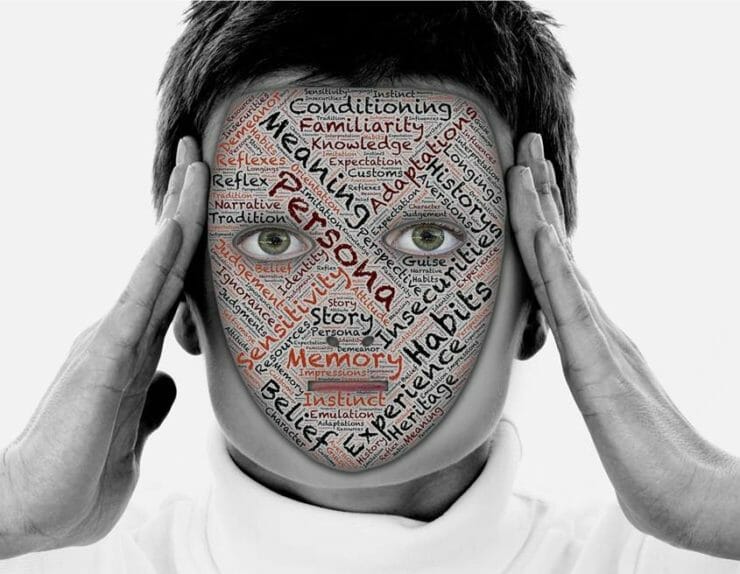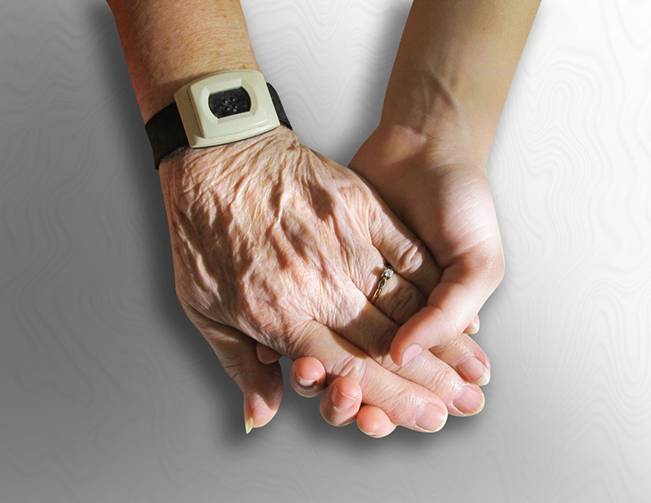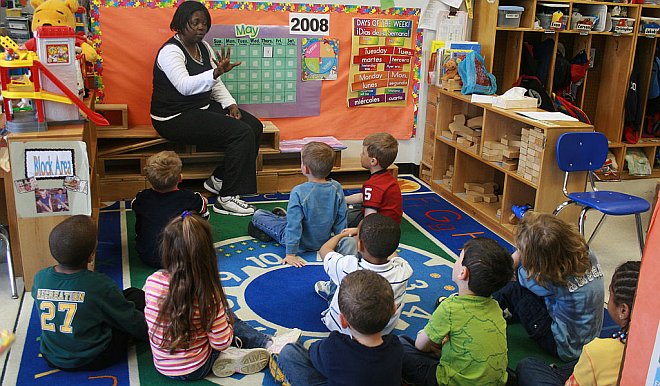
My mother-in-law was an experienced teacher and a manager at an adult education institute. Many years ago, when she was still alive, she told me about a management course she was taking that shook her perception of her work. She was very surprised to discover that there were many types of managers.
After her course, we had many discussions about how management, leadership and parenting are very similar in their essence. At that time, I was running my first business, where I was a manager, a leader and a parent. I managed all the aspects of the business and led the educational program, while being a young mother.
I thought about these three roles we play for years and managed to combine them into something that worked really well for my family and me. Hopefully, the ideas below will work well for your family and you too.
Parenting is a management position. For the family “business” or “operation” to run properly, we need to manage time, manage our emotions and those of our family members, manage money, manage habits, manage education, manage health, manage work and manage time off. In fact, all aspects of family life, we even need to manage things we have no control over (yes, it is very frustrating that we cannot control everything).















